Publications
Articles, publications, books, tools and multimedia features from the U.S. Institute of Peace provide the latest news, analysis, research findings, practitioner guides and reports, all related to the conflict zones and issues that are at the center of the Institute’s work to prevent and reduce violent conflict.
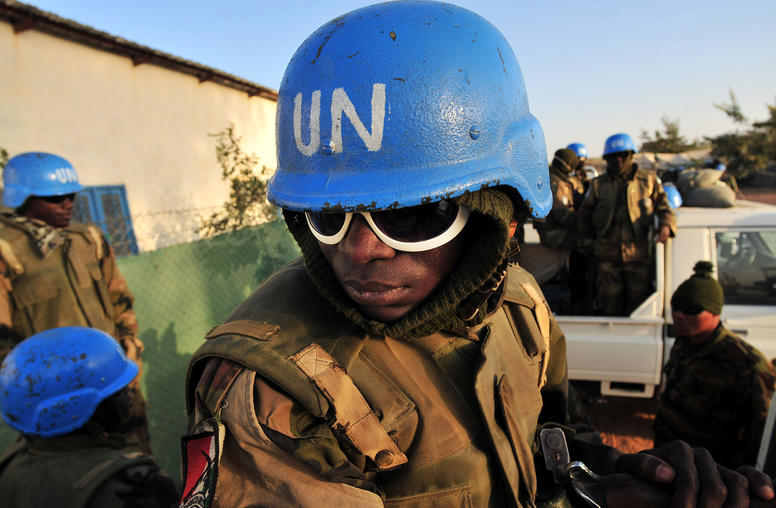
In Downsizing the UN–AU Mission in Darfur, First Do No Harm
Sudanese security forces attacked Khartoum’s central protest site on Monday, killing at least 35 civilians. The transitional military council (TMC), the junta which in April toppled Sudan’s longtime p
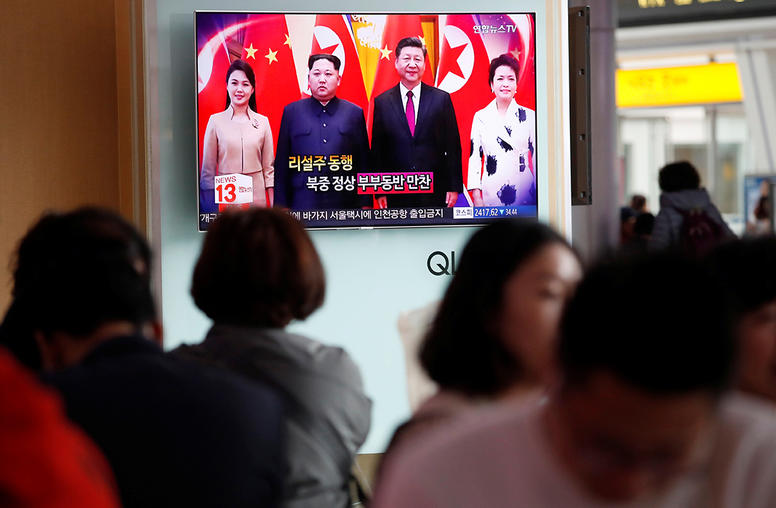
China’s Role in North Korea Nuclear and Peace Negotiations
This is the second in the Senior Study Group (SSG) series of USIP reports examining China’s influence on conflicts around the world. A group of fifteen experts met from September to December 2018 to assess China’s interests and influence in bringing about a durable settlement of the North Korean nuclear crisis. This report provides recommendations for the United States to assume a more effective role in shaping the future of North Korea in light of China’s role and interests. Unless otherwise sourced, all observations and conclusions are those of SSG members.
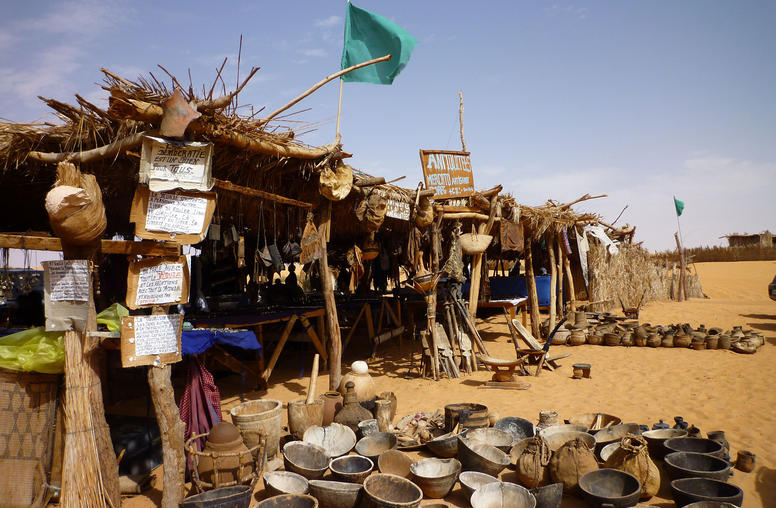
Amid War in Libya’s North, a Peace Effort Launches in the South
The Libyan faction leader, Field Marshal Khalifa Haftar, made global headlines this month with his assault on the capital, Tripoli. But in January, fewer people noticed his preparatory move: a takeover of the country’s vast southern region, Fezzan. Fezzan is mostly desert but flecked with oil fields and agriculturally rich oases. Libya’s U.N.-recognized government, which is Haftar’s rival in claiming power, has largely neglected the south, leaving armed groups from different tribes to fight for control of economic resources. This absence of governance, across an area larger than California, offers a haven for threats to regional and U.S. security interests: human trafficking, arms smuggling, and violent extremist groups.
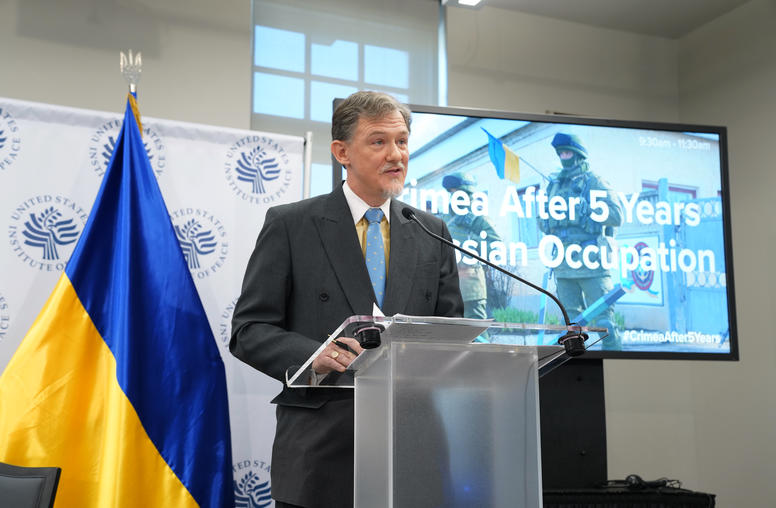
Crimea Seizure: A Policy Struggle Five Years Later
Five years after Russian forces took Crimea from Ukraine, the international community is still struggling with how to respond to a major power seizing another country’s territory for the first time since World War II and the founding of the United Nations, a senior State Department official said.

Patricia Kim on North Korea Diplomacy
Patricia Kim analyzes the failure of the Hanoi Summit. “China should lean in,” says Kim discussing the spectrum of tools Beijing has available from diplomacy to unilateral sanctions. In future negotiations, the U.S. should focus on “hammering out a clearly defined and time bound roadmap that ends with the de-nuclearization of North Korea.”
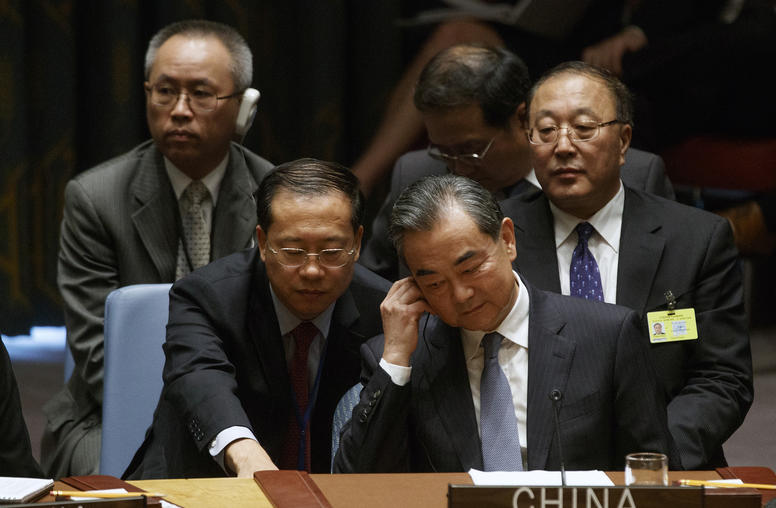
India-Pakistan Tensions Test China’s Relationships, Crisis Management Role
The latest India-Pakistan crisis has put China in a difficult position, as it tries to balance its relationships with both countries, while helping to stave off a conflict and demonstrate its ability to manage and resolve crises. Chinese Foreign Minister Wang Yi spoke to leaders in both Pakistan and India last week, urging them to practice restraint and find a way to deescalate the situation. Despite Pakistan’s request for China to play a more active role, competing priorities constrained the degree to which Beijing could lead—highlighting a chronic challenge for Chinese diplomacy in South Asia. China’s decision to keep a low profile is likely deliberate and in keeping with longstanding practice, but it is inconsistent with Beijing’s aspirations to lead in Asian crisis diplomacy.
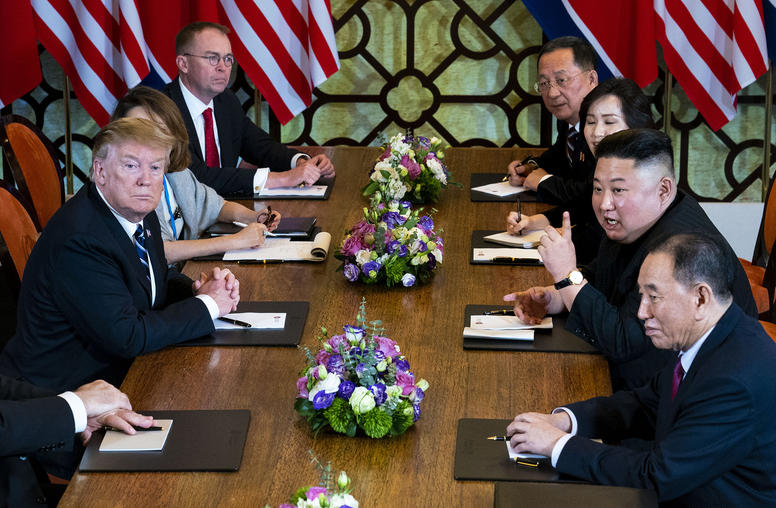
Failure in Hanoi Doesn’t Mean Peace Is Dead
Last week, U.S. President Donald Trump and North Korean leader Kim Jong Un walked away from Hanoi empty-handed. Their failure to sign a deal was shocking, given most of the speculation before the summ
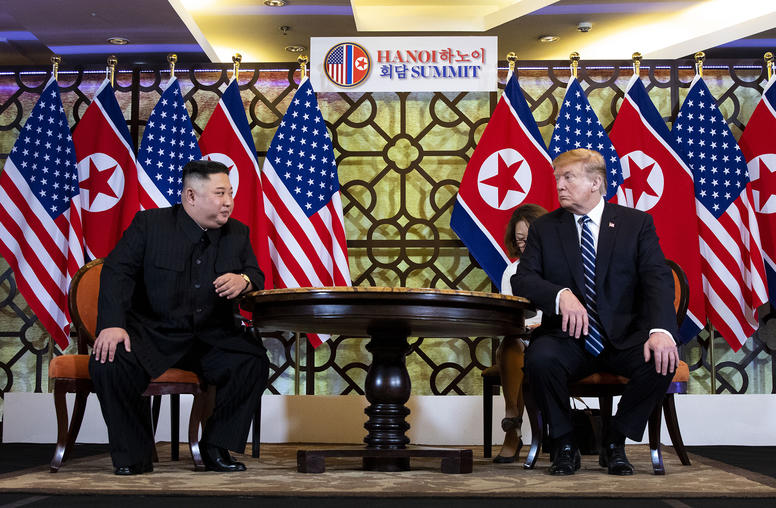
U.S.-North Korea Negotiations: What Happened in Hanoi?
President Trump and North Korean leader Kim Jong Un unexpectedly cut short their second summit Thursday after failing to come to an agreement to dismantle Pyongyang’s nuclear weapons and provide sanctions relief. USIP’s Ambassador Joseph Yun and Frank Aum explain what happened in Hanoi and what comes next for U.S.-North Korea nuclear diplomacy.
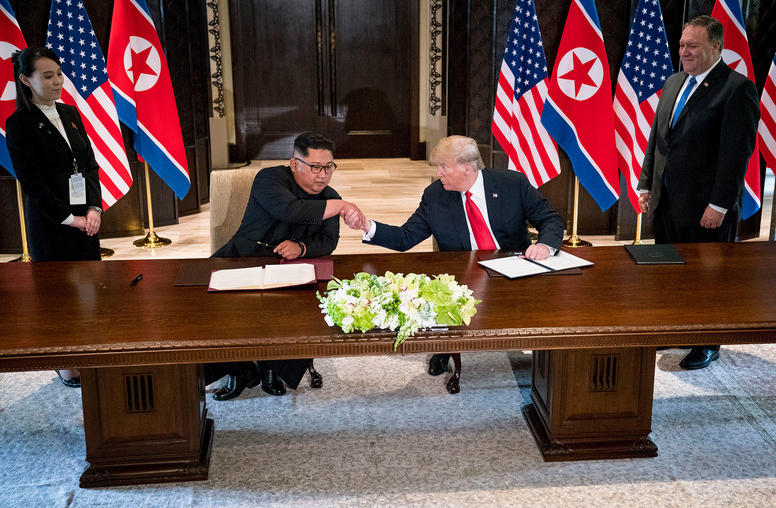
Have the Stars Lined Up on North Korea?
Tomorrow’s summit between President Trump and Chairman Kim Jong Un represents the best opportunity for peace in the last 20 years. In 2000, the United States came—as former senior Clinton administration official Wendy Sherman described—“tantalizingly close” to achieving an agreement that would halt North Korea’s production, deployment, and testing of long-range missiles. And this was in addition to the 1994 Agreed Framework deal, which froze North Korea’s nuclear facility at Yongbyon. What is different this time around?
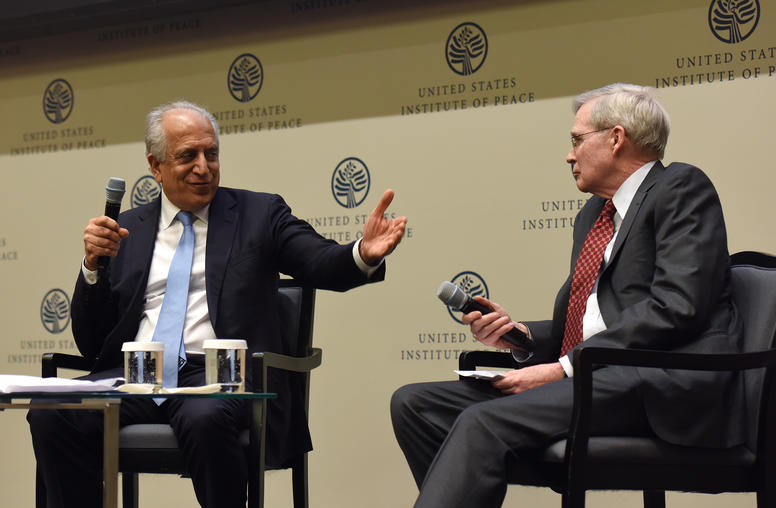
Progress in Taliban Talks, But ‘Long Way to Go’, says U.S. Envoy
Amid a series of positive developments in the Afghan peace process over the last year, a framework for negotiations reached between the U.S. and Taliban has renewed hope that the 17 year-old Afghan conflict could come to a close. Led by Special Representative for Afghanistan Reconciliation Zalmay Khalilzad, the U.S. has agreed in principle to a conditional withdraw of U.S. and allied troops in exchange for the Taliban pledging to not allow Afghanistan to be a safe haven for transnational terrorists, like al-Qaida, as well as agreeing to talks that include the Afghan government and a cease-fire. Despite this progress, “We are in the early stages of a protracted process,” Ambassador Khalilzad said at the U.S. Institute of Peace on February 8. “We have a long way to go.”